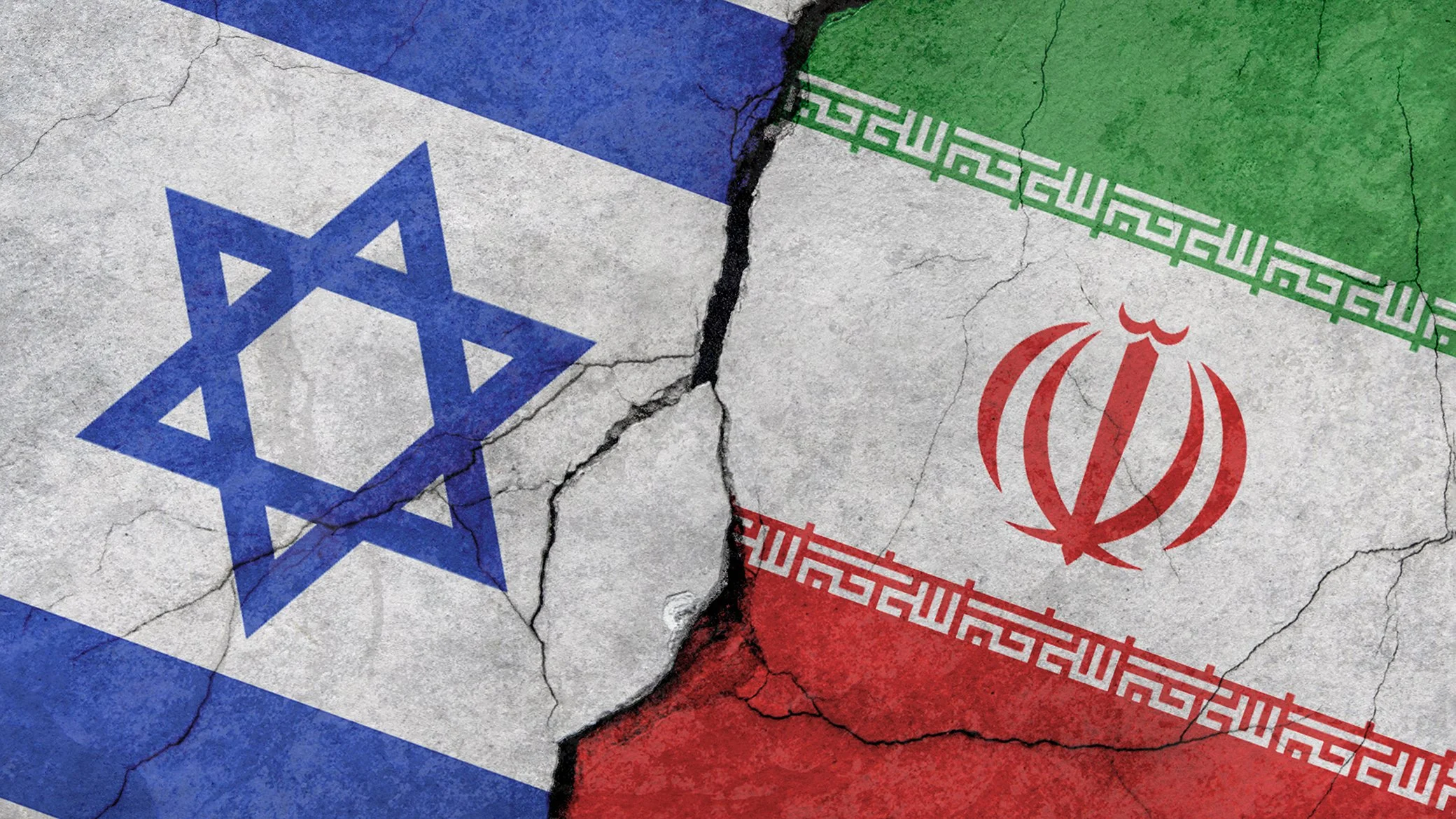Israel vs. Iran’s Shadow Empire:
The Nuclear Threat
We Can’t Ignore
Iran is the mastermind behind a web of terror encircling Israel—Hezbollah, Hamas, Islamic Jihad, the Houthis, and Shi’ite militias. These proxies, funded and armed by Tehran, threaten not just Israel but global stability. Recognizing Iran’s hand is crucial, because Israel isn’t just fighting Gaza; we’re battling a shadow empire. Iran’s nuclear ambitions make this fight urgent—a nuclear-armed Iran endangers the West, and we must act decisively to stop it.
Before October 7th, Iran built its “Axis of Resistance” to destabilize the Middle East. Hezbollah, born in Lebanon’s 1982 civil war, gets $700 million yearly from Iran, with 150,000 rockets aimed at Israel, trained by the IRGC’s Quds Force. Hamas, Gaza’s Sunni terror group since 1987, receives $80 million annually, using Iran’s rockets for attacks, not civilian aid. Islamic Jihad, Gaza’s oldest Iranian ally since 1981, pulls $70 million yearly, firing rockets with Hezbollah and IRGC training. The Houthis, Yemen’s Shia extremists, wield Iran’s missiles and drones, hitting Saudi Arabia and Israel. Shi’ite militias in Syria and Iraq, backed by Iran’s $16 billion network since 1979, attack U.S. bases and Israel with drones. This is Iran’s empire, spreading its toxic ideology.
But Israel’s turning the tide. Since September 2024, we’ve gutted Hezbollah with precision strikes, starting with the historic beeper operation on September 17th. Analysts call Hezbollah “collapsing”—militarily, financially, politically. They’ve abandoned Hamas, breaking Nasrallah’s vow. Hamas is a shadow, clinging to hostages after we killed leaders Ismail Haniyeh (July 2024, Tehran), Yahya Sinwar (October 2024, Gaza), and Mohammed Deif (summer 2024). They value death; we value life.
Syria’s transformed too. Assad’s regime fell in December 2024, rebels sweeping in as Israel’s strikes on Iran’s proxies weakened Tehran’s grip. We didn’t topple Assad, but by shattering Hezbollah and Hamas, we cut Syria’s role as Iran’s arms corridor to Lebanon and Gaza. The Houthis and militias are faltering too. Israel’s fighting on multiple fronts—Gaza, Lebanon, Syria, Yemen, Iraq—and winning. We’ve decapitated Iran’s network, killing Nasrallah, Sinwar, Haniyeh, Safieddine, and others. A tiny state of 22,000 square kilometers, we’re outsmarting giants, proving we’re the Middle East’s hope.
Yet the West misses this, sympathizing with Hamas while ignoring Iran. Israel sees clearly: we’re the good guys, defending our homeland and saving the world from Iran’s sickness. Now, the stakes are higher—a nuclear Iran threatens everyone.
A nuclear-armed Iran could spark a regional arms race. Rivals like Saudi Arabia, Turkey, and Egypt may seek their own nukes, unraveling nonproliferation efforts. More nuclear actors mean higher risks of miscalculation, threatening global stability. Nuclear weapons would embolden Iran’s proxies, like Hezbollah, or prompt direct aggression against Israel. Even the perception of Iran nearing a bomb could trigger preemptive strikes, escalating tensions.
Iran’s ties to terror groups raise fears of nuclear material reaching extremists. While direct transfer is unlikely, theft or state-sponsored proliferation could enable nuclear terrorism. A nuclear Iran would also weaken Western allies like Israel, eroding U.S. and European credibility in upholding nonproliferation. Iran’s secret facilities, like Natanz and Fordow, make verification nearly impossible. With advanced centrifuges and a growing stockpile, Iran could produce weapons-grade uranium in days, outpacing inspectors.
Some claim Iran seeks only a civilian nuclear program, but why does an oil-rich nation need costly nuclear power? Iran’s history of clandestine enrichment and 60% uranium stockpile—far beyond civilian needs—points to weapons intent. Isolationists argue the U.S. should stay out, but a nuclear Iran would threaten Western allies, undermine nonproliferation, and raise risks of nuclear conflict or terrorism impacting the West. Ignoring this risks a volatile world.
With Iran and its proxies weakened, now’s the time to end its nuclear ambitions. Diplomacy, like the JCPOA, has failed—Iran’s deceit and enrichment prove it. Negotiations are futile; peace requires Iran to abandon its program or face decisive action. Striking Iran’s facilities won’t inevitably lead to war—the 2020 Soleimani killing show Iran restrains itself when overstretched. Iran’s economic woes and proxy losses limit its retaliation.
Iran is the enemy, funding global terror, plotting to assassinate Trump, and vowing to destroy Israel, the “small devil,” and America, the “big devil.” Israel’s just the start. We’re the light, fighting for survival and global security. The West must support Israel to stop a nuclear Iran—no nukes, no JCPOA. This isn’t just about our homeland; it’s about saving the world from Iran’s nightmare.
